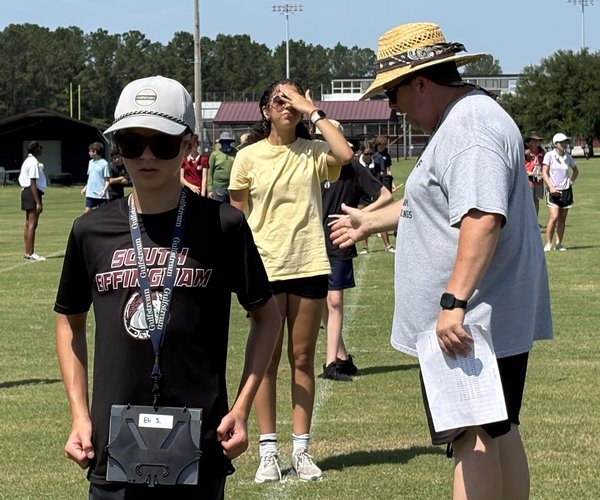Effingham County commissioners and the three city councils have agreed on how to split up sales tax proceeds and possibly averted a two-day court proceeding. Atlantic Judicial Circuit Judge Ronnie Rahn was scheduled to hear deliberations, starting Monday, on how to divide the local option sales tax between the county and the cities. But in separate executive sessions late last week, the county commission and three city councils agreed to a new split of the penny tax.
County, cities find a LOST agreement





